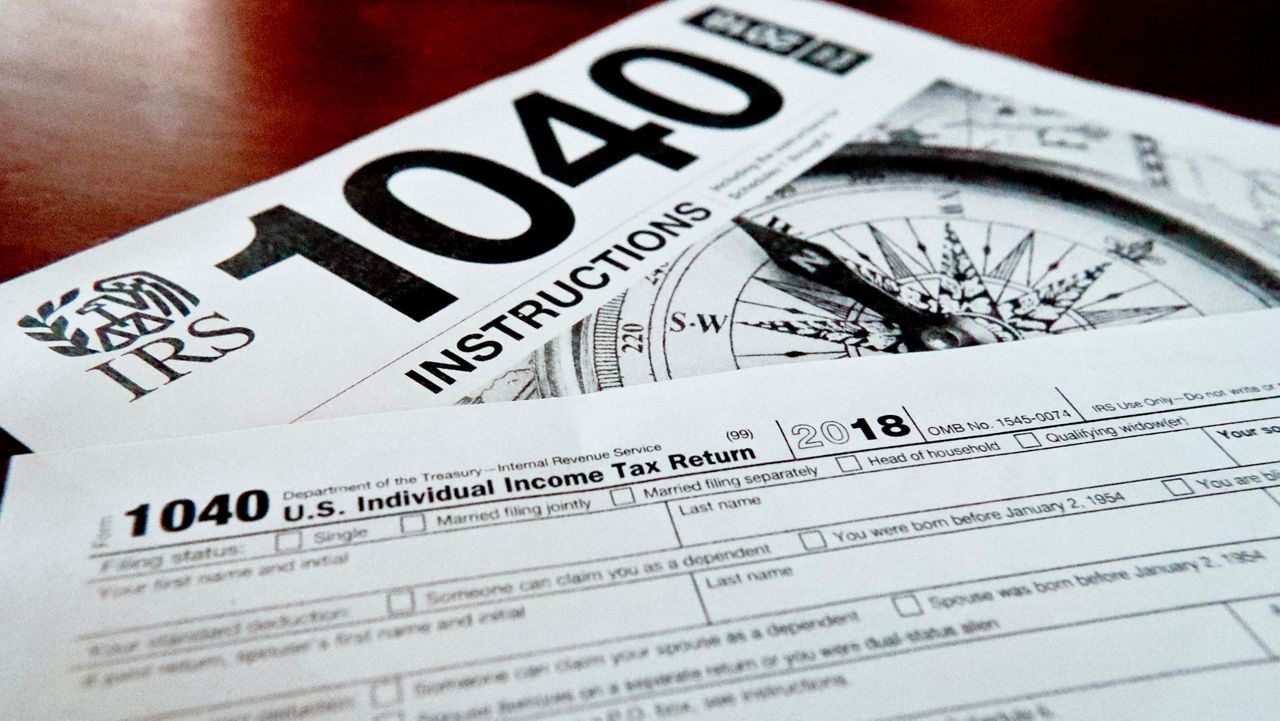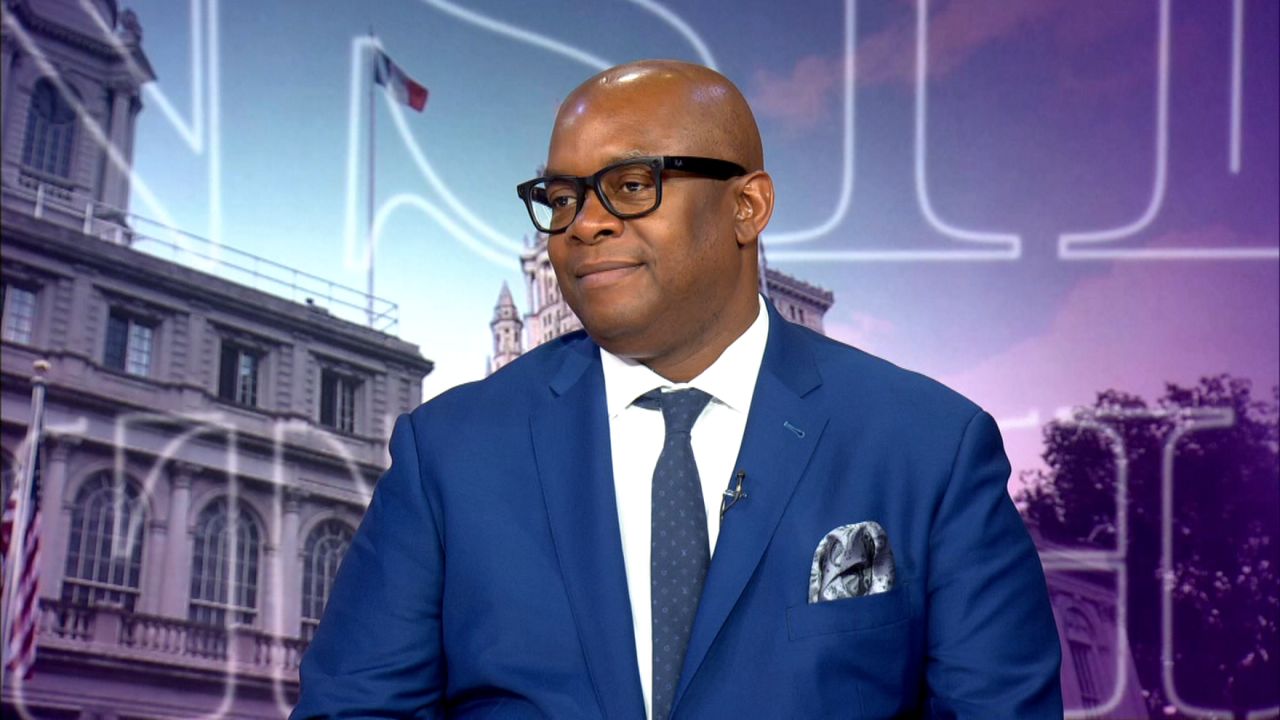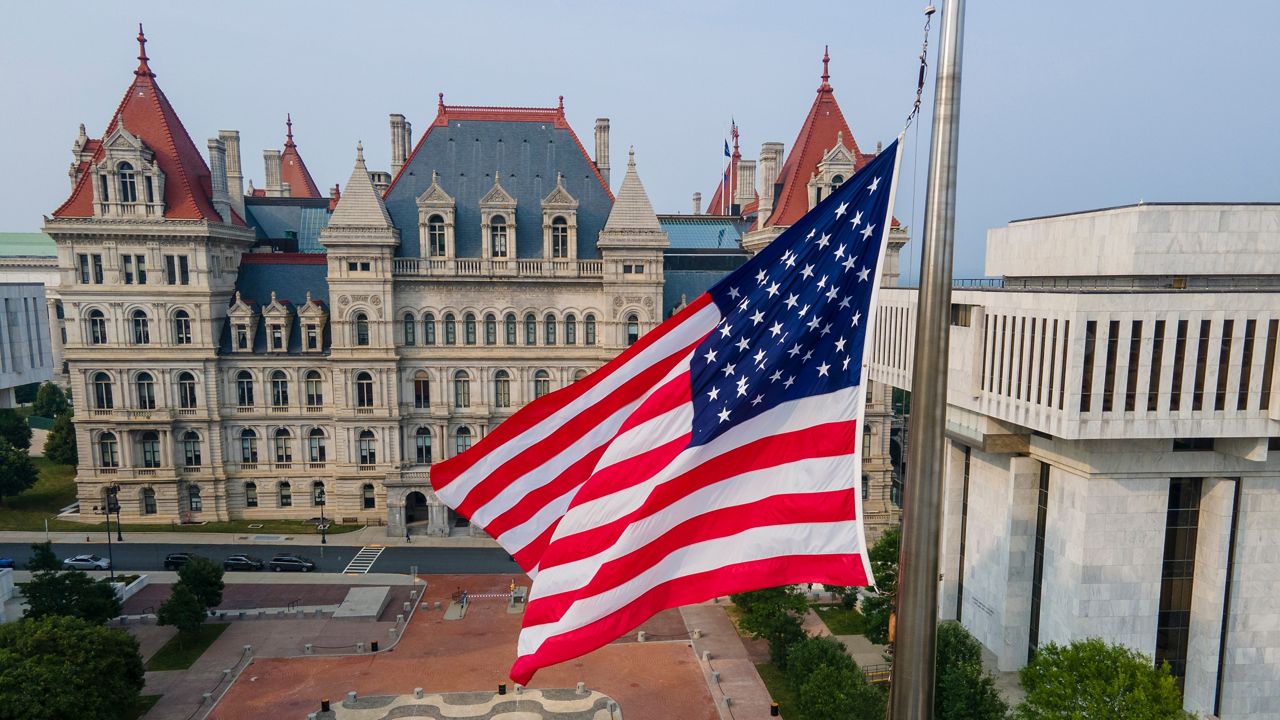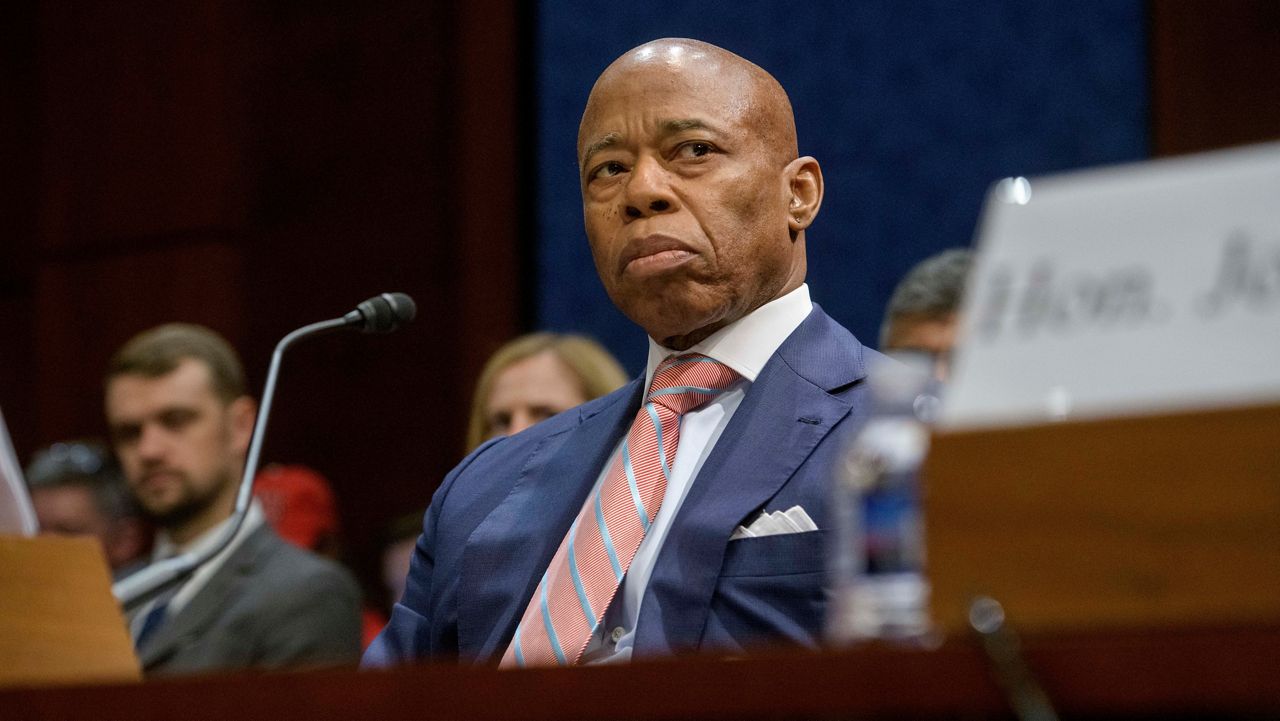In the days leading up to Gov. Andrew Cuomo's downfall, Mayor Bill de Blasio appeared to unleash years-long resentment against his political nemesis — the man who so often sought to undermine his authority and question his leadership.
"What he did to these women is absolutely unacceptable and the one thing he can do to show any decency at this point is to step aside," de Blasio said last week just shortly after State Attorney General Letitia James released a report showing Cuomo sexually harassed 11 women and fostered toxic workplace culture in his office.
While on vacation, de Blasio released a statement crediting the women who accused the governor of sexual harassment for pushing him out of office.
“Make no mistake, this is the result of survivors bravely telling their stories. It was past time for Andrew Cuomo to resign and it’s for the good of all New York," de Blasio said.
The years-long relationship stretches back to when de Blasio and Cuomo both worked at the Department of Housing and Urban Development. It's been hot and cold since then with constant sparring since de Blasio became mayor in 2014.
Over the years, both behind the scenes and in full view of the public, Cuomo and de Blasio struggled to work together.
So in the months leading up to Cuomo's resignation de Blasio appeared almost gleeful to throw barbs.
"Just get the hell out the way, in the end maybe he can close off his career with one final act of dignity and decency and just step aside," de Blasio said last week.
After he was first accused of harassment de Blasio called Cuomo "creepy,” "grotesque" and dismissed his attempts to apologize.
"That's not an apology. He seemed to be saying, 'Oh, I was just kidding around,'" he said.
They fought over the insignificant: Like who had jurisdiction to control the deer population in Staten Island. And they squabbled over major issues, clashing over who had the authority to call for a city-wide shut down at the beginning of the pandemic. Every time, the public caught in the middle.
Tensions between mayors and governors are not new. Rudy Giuliani famously began his relationship with George Pataki by crossing party lines and endorsing Pataki's 1994 opponent, Gov. Mario Cuomo.
But de Blasio must still contend with the immense power Albany wields over the city, no matter who is in charge.
As Cuomo exits, the city and de Blasio have much on the line: The emergency powers the governor was granted during the pandemic were stripped not long before he stepped down, giving the mayor a new opportunity to seize control as summer winds down and recovery continues to take shape.
As for the mayor's political future as the last year of his administration winds down and the state's top office is suddenly in play, he appeared to leave the door open for a possible run statewide.
"At some point I got to figure out what I'm doing. Obviously, I care deeply about the people of this city and I care deeply about public service, but I have not made any decisions about the future," de Blasio said.









